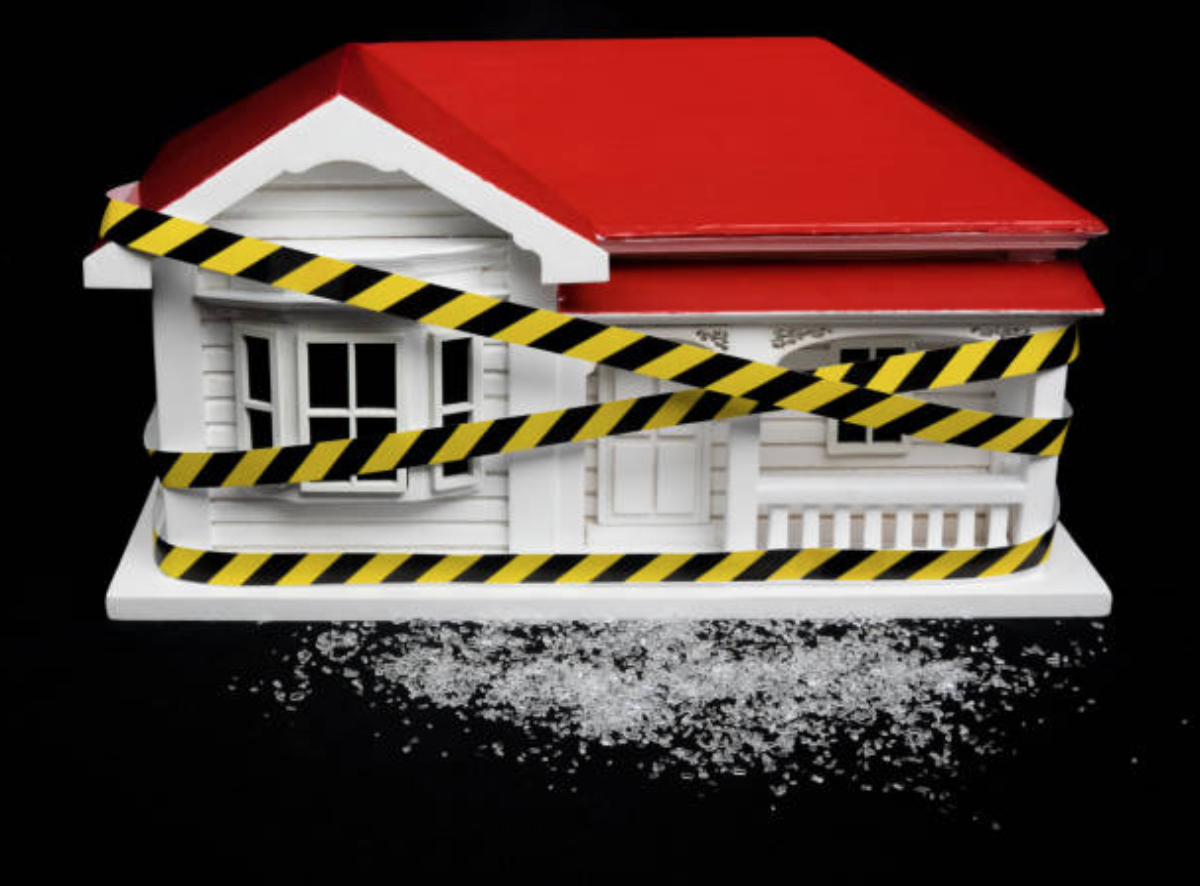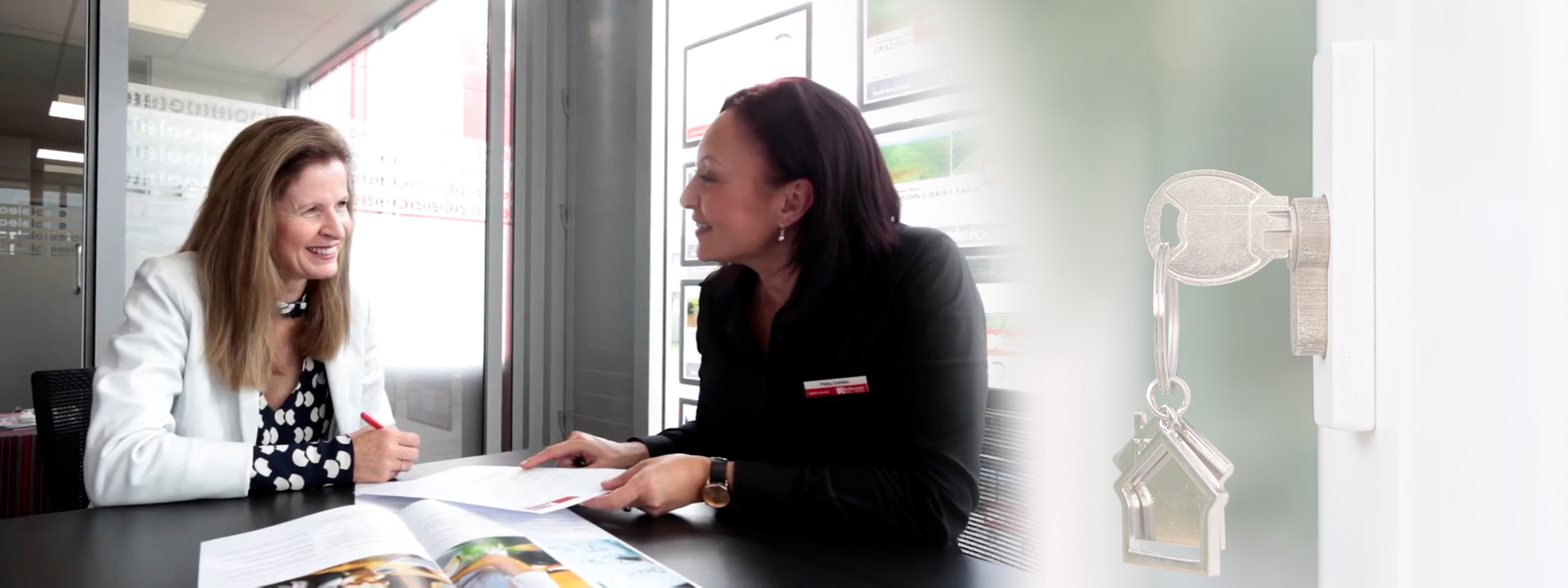Meth contamination in your rental
Meth contamination has been under the media spotlight in New Zealand for the past couple of years. From the massive costs from decontaminating a home to accusations that meth testing is nothing more than a massive scam.
Statistics vary on how widespread meth use is but with some news outlets calling it an epidemic one can assume it's pretty rife. One site claims 3% of the population has used meth in the past year, which equates to around 138,000 New Zealanders. Meth is highly addictive.
It's not just the effects of Meth that make it so sought after, but how easy it is to access. A Massey University study found that in some places in New Zealand Meth is easier to find than cannabis, and this is especially true in small-town New Zealand. Taranaki isn't immune to this invasion, with news reports highlighting local arrests for alleged meth production and dealing.
Discovering that your rental property has been the site of meth consumption, or meth production, can be an unsettling experience for any landlord.
Housing New Zealand has, since May 2018, issued guidelines on meth testing and decontamination where there has been very heavy meth use or lab activity.
In the past, it had seemed that even trace levels of meth would require a property to be decontaminated. However, new findings have outlined that there is currently no evidence that "levels typically resulting from third-hand exposure to methamphetamine smoking residues on household surfaces will elicit an adverse health effect." This has caused Housing New Zealand to modify the levels that trigger the need for decontamination.
What are the levels that trigger meth decontamination?
- Detection levels between 1.5 µg/100 cm2 and 15 µg/100 cm2 will not trigger decontamination
- Detected levels above 15 µg/100 cm2 will trigger decontamination in accordance with current Standards
The Government also has advised that landlords and homeowners may choose to take into account the findings and recommendations in the CSA report when making decisions about testing and remediating.
What to look for: meth consumption or production in your property
If landlords rent out a property that is contaminated by ‘P’, they are breaching their obligations under the Residential Tenancies Act 1986, as well as other legislation such as the Building Act and the Health Act. Therefore landlords should check for any signs of Meth, or "P" consumption between tenancies, and even during inspections.
The Auckland Regional Public Health Service has identified some warning signs that a lab is operating*. These include:
- unusual chemical smells that are not normally present in the area
- numerous chemical containers (labelled solvent, acid, flammable) stored or stockpiled
- stained glass equipment and cookware
- plastic or glass containers fitted with glass or rubber tubing
- numerous cold tablet packages lying around or in the rubbish
- portable gas tanks or other cylinders not normally seen or used in the area
- chemical stains around the household kitchen sink, laundry, toilet or stormwater drains
- yellow/brown staining of interior floor, wall, ceiling and appliance surfaces.
What to do if you suspect meth consumption or production in your property
If you suspect your property is being used for the consumption, sale or production of meth/P then contact your Local Council and Police as soon as possible.
Cost of managing a meth house
The costs for meth testing can be very high, and the subsequent cost of decontamination can add to that cost. Not to mention the loss of income during the time of testing and decontamination.
But the cost of not having a house effectively tested and decontaminated can be high, even if the landlord was unaware that the house was contaminated with meth. A landlord in Tuakau was fined $7,525 for renting out a methamphetamine-contaminated property.
How can a property manager help?
Whereas a property manager cannot guarantee a tenant won't consume or manufacture meth on the property, the extensive background checks reduce the chances of a bad tenant being given the chance to rent. The property checks a manager conducts can also mean detection is swift.
This can offer peace of mind to landlords that may be managing properties privately. If you live close to your investment property then regular checks may be possible, but for investors living overseas or vacationing a lot this becomes harder.
If you'd rather not deal with the stress of finding tenants and managing a property then consider talking to McDonald Real Estate for your property management needs.
If you, or someone you know, needs help with drug addiction call the Alcohol and Drug Helpline on 0800 787 797
*Disclaimer
This information is based on a common sense, precautionary approach to the safe management of unknown hazardous substances and contaminated environments. Auckland Regional Public Health Service and the author will not be held liable for any actual or potential economic or adverse effect(s) arising from use of this information.






